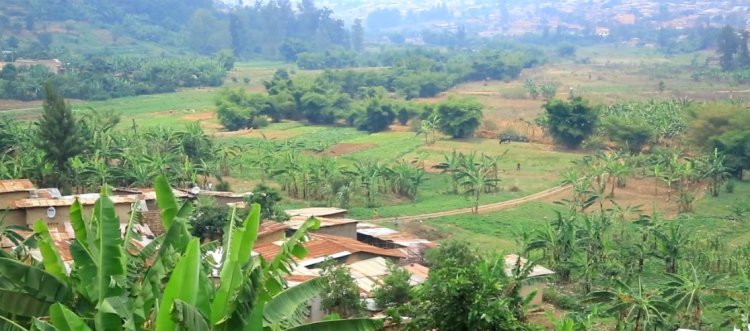Kigali Residents Fear Rising Mosquito Population Could Increase Malaria Risk
Some residents living near swamps in Kigali City are concerned about the increased presence of mosquitoes, fearing they might contract malaria.
Kigali’s topography, characterized by hills and valleys, leads to the presence of numerous swamps, which serve as breeding grounds for mosquitoes, including those that transmit malaria. Currently, residents near these swamps are raising concerns with health authorities about the noticeable increase in mosquito populations.
One resident said, “Because of this nearby swamp, there are a lot of mosquitoes. In the evening, you can hardly sit without fighting them off, even if you have a mosquito net, you get bitten before you go to bed. I don’t know what measures they can take to reduce these mosquitoes.”
Another added, “There was a time when you could sleep without using a mosquito net, and you wouldn’t see any, but now the mosquitoes are back in large numbers, and they might cause us to get malaria.”
Another resident shared, “Mosquitoes have increased, partly due to the recent rain, but even before that, they were already many. We are worried about getting malaria because you wake up in the morning with a lot of mosquito bites.”
Mazimpaka Phocas, an official from the national health institution responsible for malaria control, stated that to address this issue, they plan to resume the program of spraying insecticides in the swamps, a program that had previously been halted.
He explained, “We haven’t conducted specific research to quantify the increase in mosquito populations, but we had stopped spraying in the swamps for various reasons. It’s not a crisis; it’s not unusual for mosquito populations to fluctuate. We don’t aim to eliminate them entirely, but we focus on those posing significant threats. We plan to resume the spraying of insecticides in the swamps.”
In its efforts to eradicate malaria, the Rwandan government employs various strategies, including distributing mosquito nets, spraying insecticides in homes across different districts, and spraying in swamps.
The suspension of this program in Kigali may have increased the risk of malaria, a disease that claims many lives globally, especially in sub-Saharan Africa, which includes Rwanda.

